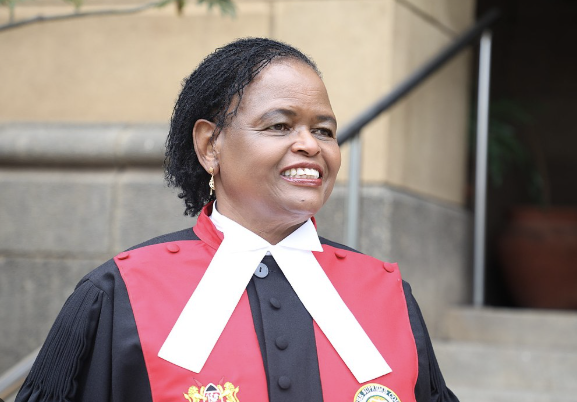A coalition of human rights organizations, led by the National Integrity Alliance (NIA), has called on the Kenyan Parliament and Judiciary to strengthen protection for whistleblowers and journalists. In a statement released on Thursday, September 25, NIA noted that delays in passing the Whistleblower Protection Bill leave potential informants vulnerable, discouraging the exposure of corruption and mismanagement.
The proposed legislation seeks to safeguard individuals who disclose misconduct in both public and private institutions. It provides protection from victimisation, guarantees confidentiality and legal immunity, and introduces a reward system. The Whistleblower Reward Fund, for instance, allows informants to receive 10% of recovered cash or assets uncovered through their disclosures.
NIA criticized the Judiciary for being weaponized against whistleblowers and journalists through lawsuits aimed at intimidating rather than seeking justice. “These legal proceedings are intended to silence critics and burden them with defense costs,” the organization said, highlighting that such actions hinder efforts to fight graft.
The lobby demanded that the Judiciary implement mechanisms to identify and dismiss frivolous lawsuits, while urging media houses to support journalists facing retaliation. They also called on the Public Service Commission to issue guidelines ensuring strong internal reporting frameworks in public institutions, protecting staff who report wrongdoing.
The group further urged the government to condemn intimidation of whistleblowers, especially those exposing corruption in public institutions, and to provide necessary support to prevent retaliation.
Their call comes amid rising litigation targeting journalists, such as the case of Collins Kweyu of The Standard Group, who faced arrest while investigating a bribery claim involving a Homa Bay judge. Kweyu has since become a state witness, yet concerns remain for other whistleblowers, including Nelson Amenya, who exposed the JKIA-Adani deal and attracted global attention.
With corruption and mismanagement remaining pressing issues, human rights groups stress that timely enactment of the Whistleblower Protection Bill and robust institutional safeguards are crucial to empowering those who act in the public interest.

